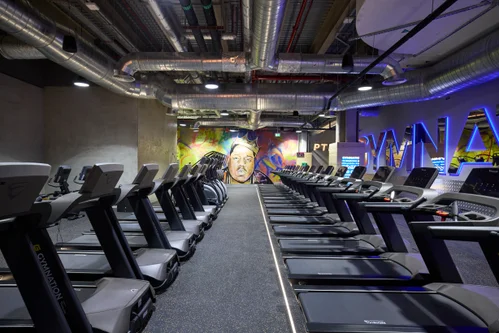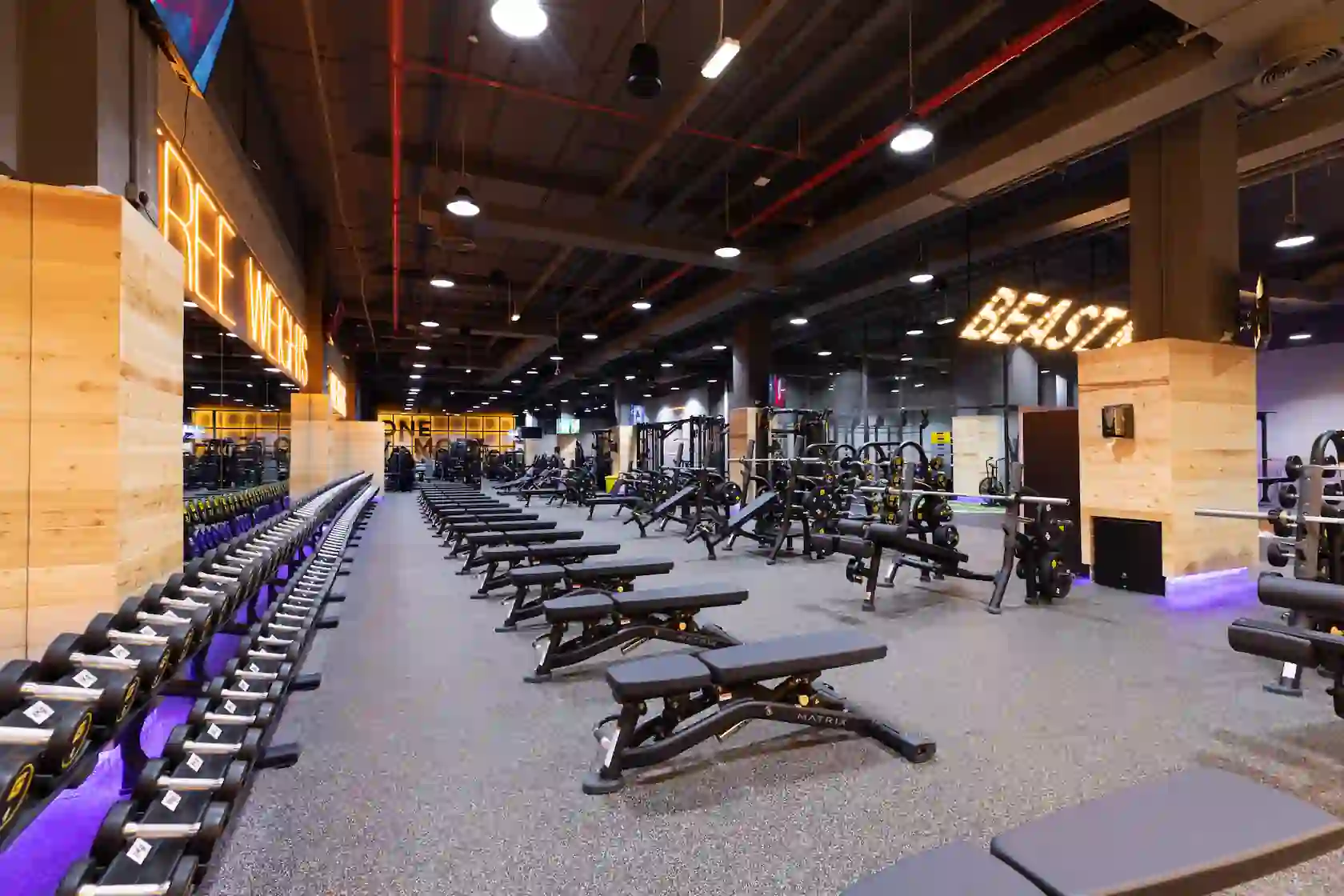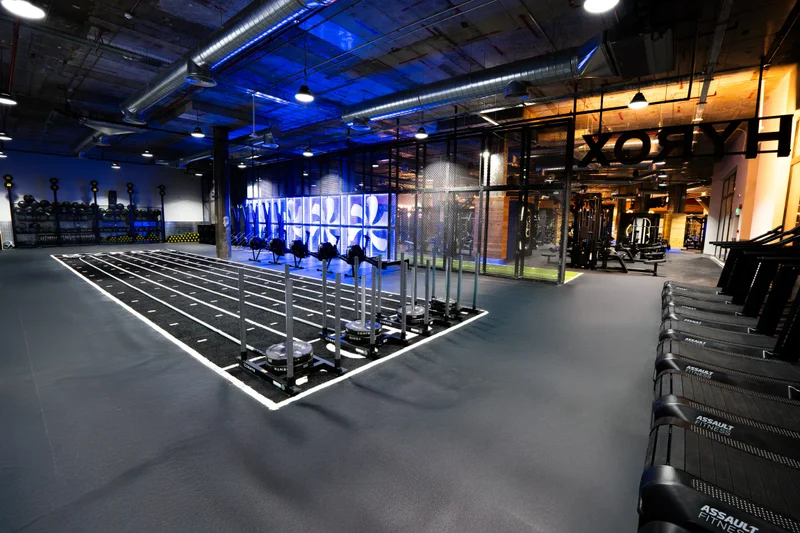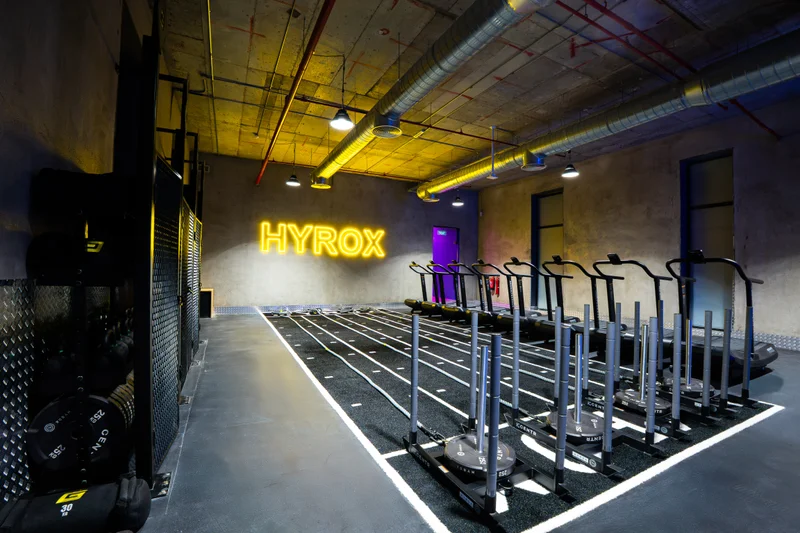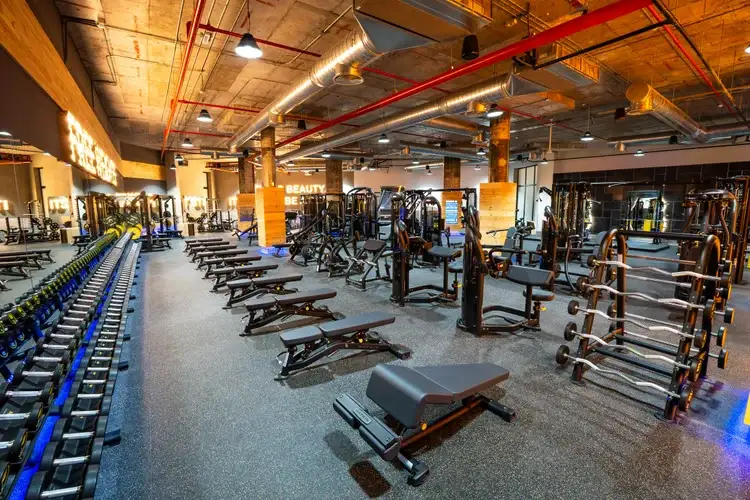Sleep and Exercise: A Vital Connection
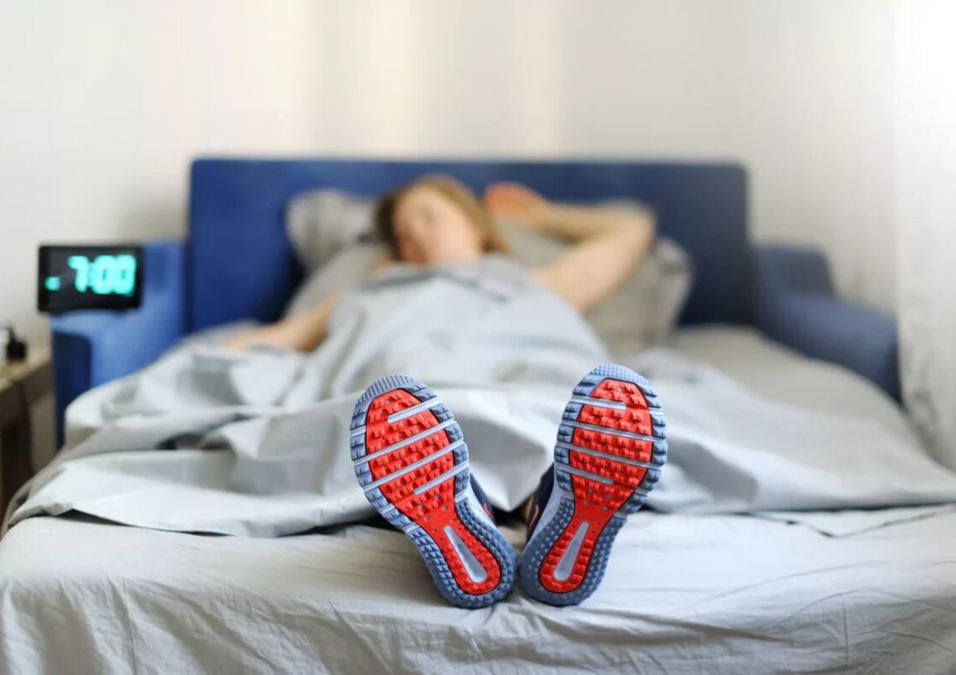
SIGN UP FOR YOUR FREE DAY PASS TODAY!
The age-old saying “early to bed, early to rise makes a person healthy, wealthy, and wise” highlights the perceived benefits of a good night’s sleep.
While wealth and wisdom remain subjective, a recent study confirms that going to bed earlier can indeed enhance a key aspect of health—physical activity.
Researchers from Harvard, Brigham and Women’s Hospital, and Monash University have found compelling evidence that better sleep habits are linked to increased levels of moderate-to-vigorous physical activity.
The study, conducted between 2021 and 2022, revealed that individuals who went to bed earlier than usual engaged in more physical activity the following day, even though their total sleep duration remained consistent.
Read Also: Melania Trump's Secrets to Staying Fit at 55
More Sleep, More Movement
Participants who typically slept 5 hours per night showed the greatest difference, engaging in 41.5 additional minutes of moderate-to-vigorous activity compared to those who averaged 9 hours of sleep.
While the exact reasons remain unclear, study co-author Mark Czeisler suggests that early sleepers may feel more rested and motivated to exercise—or simply wake up earlier, giving them more time to be active.
“Individuals who went to bed earlier engaged in more frequent and longer physical activity per day than those who habitually went to bed later,” said Czeisler, a clinical fellow at Harvard Medical School and Brigham and Women’s Hospital.
An Integrated Approach to Health
Current U.S. health guidelines recommend that adults aim for 150 to 300 minutes of moderate-to-vigorous physical activity weekly.
Moderate activities include brisk walking, cycling, or light yard work—tasks that elevate heart rates and may break a sweat.
More vigorous exercises, such as swimming laps, running, or basketball, challenge heart and lung function, making conversations during these workouts almost impossible.
“The biggest takeaway is that sleep and physical activity are more closely related than we previously thought,” said Josh Leota, research fellow at Monash University and lead author of the study.
“Rather than viewing them as competing for time, we should see how they can support each other.”
Unlocking New Insights with Technology
The study leveraged data from nearly 20,000 Americans who logged a total of six million sleep and activity records using wearable fitness trackers provided by WHOOP Inc., a Boston-based tech company.
The anonymized data was cross-referenced with findings from the National Institutes of Health’s All of Us project, where participants wore Fitbits for longitudinal tracking.
The researchers found consistent patterns between early sleep and next-day physical activity in both datasets, though the magnitude of the effect was smaller in the broader All of Us cohort.
Czeisler attributed this to differences in participant demographics, with WHOOP users being more fitness-oriented.
This study stands out due to its large sample size, year-long tracking, and reliance on objective data, which minimized bias associated with traditional self-reported sleep and activity studies.
Read Also: Everyday Movements for Heart Health
Implications for Public Health
Though previous research on the relationship between sleep and activity has shown mixed results, this study provides much-needed clarity.
Its findings challenge the notion that sleep and exercise should compete for time, suggesting instead that they work in tandem for better health outcomes.
Modern life often forces trade-offs between sleep and fitness. For example, adults may cut sleep short to fit in early workouts or compromise their weekend routines by staying up late with friends.
“There are only 24 hours in a day; what is the optimal balance?” Czeisler asked.
Leota sees great potential in developing strategies to improve both behaviors. “We’d like to test if encouraging earlier bedtimes directly leads to greater physical activity the next day,” he said.
If confirmed, such insights could shape future public health messaging and help more people integrate balanced sleep and exercise habits into their lives.
The Path Forward
This groundbreaking work underscores the need to study how sleep and exercise influence one another.
By prioritizing an earlier bedtime, individuals may foster a cycle of improved rest and greater physical activity, ultimately benefiting their overall well-being.
The question is no longer about choosing between rest and exercise—it’s about finding the right balance to optimize health and longevity.
Source: harvard
The opinions shared in the GymNation blog articles are solely those of the respective authors and may not represent the perspectives of GymNation or any member of the GymNation team.
GET YOUR FREE TRIAL TODAY




























